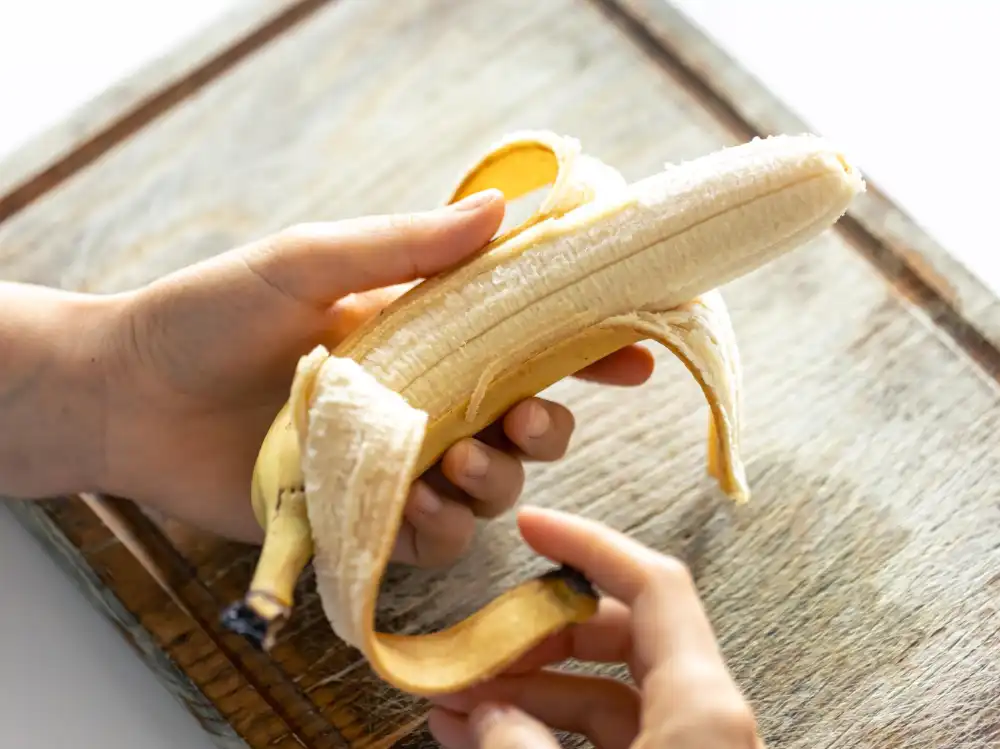Vegetable Gardening
Household Items That Can Be Used as Fertilizer for Pepper Plants
Pepper plants are a popular choice for home gardeners due to their vibrant colors, delicious flavors, and versatility in cooking. To help your pepper plants thrive and produce a bountiful harvest, it is important to provide them with the right nutrients. While there are many commercial fertilizers available, you may be surprised to learn that there are several household items that can be used as effective fertilizers for your pepper plants. Not only are these options cost-effective, but they are also eco-friendly alternatives to chemical fertilizers.
1. Coffee Grounds
One of the easiest and most readily available household items that can be used as fertilizer for pepper plants is coffee grounds. Coffee grounds are rich in nitrogen, which is an essential nutrient for plant growth. Simply sprinkle the used coffee grounds around the base of your pepper plants, being careful not to pile them up against the stems. As the coffee grounds break down, they will release nitrogen into the soil, promoting healthy foliage and robust fruit production.
2. Eggshells
Eggshells are another excellent source of nutrients for pepper plants. They are rich in calcium, which is essential for strong cell walls and preventing blossom end rot. To use eggshells as fertilizer, crush them into small pieces and mix them into the soil around your pepper plants. Alternatively, you can also create an eggshell tea by soaking crushed eggshells in water for a few days. Use this nutrient-rich water to water your pepper plants, providing them with a calcium boost.
3. Banana Peels
Don’t throw away those banana peels! They are packed with potassium, an essential nutrient for flowering and fruiting plants like peppers. To use banana peels as fertilizer, cut them into small pieces and bury them in the soil around your pepper plants. As the banana peels decompose, they will release potassium into the soil, promoting healthy fruit development.
4. Vegetable Scraps
Instead of throwing away vegetable scraps, consider composting them to create nutrient-rich fertilizer for your pepper plants. Vegetable scraps such as carrot tops, lettuce leaves, and onion skins can be collected and added to a compost bin or pile. Over time, these scraps will break down into nutrient-rich compost that can be used to nourish your pepper plants. Simply spread the compost around the base of the plants, ensuring that it is well-mixed into the soil.
5. Epsom Salt
Epsom salt, which is actually magnesium sulfate, can be used as a supplement to boost the growth of pepper plants. Magnesium is essential for chlorophyll production and overall plant health. Dissolve one tablespoon of Epsom salt in a gallon of water and use this solution to water your pepper plants once a month. This will provide them with a magnesium boost and help prevent nutrient deficiencies.
6. Grass Clippings
If you have a lawn, don’t throw away those grass clippings! Grass clippings can be used as a natural mulch around your pepper plants. As the clippings break down, they will release nitrogen into the soil, acting as a slow-release fertilizer. Spread a thin layer of grass clippings around the base of your pepper plants, making sure not to smother the stems. This will help retain moisture, suppress weeds, and provide a nutrient-rich environment for your plants.
Remember, when using household items as fertilizers, it is important to use them in moderation and avoid over-application. Always monitor your plants for any signs of nutrient deficiencies or excesses, and adjust your fertilization practices accordingly. By utilizing these household items as fertilizers, you can nourish your pepper plants naturally and enjoy a bountiful harvest of delicious peppers!






